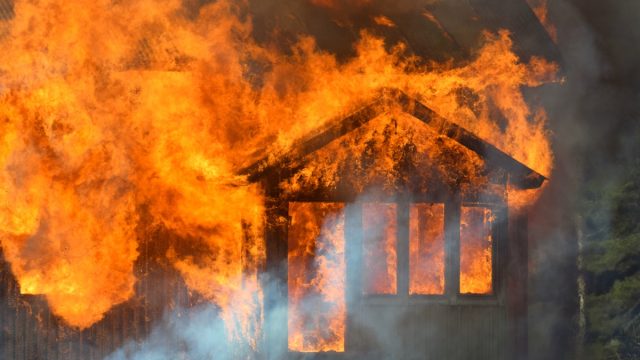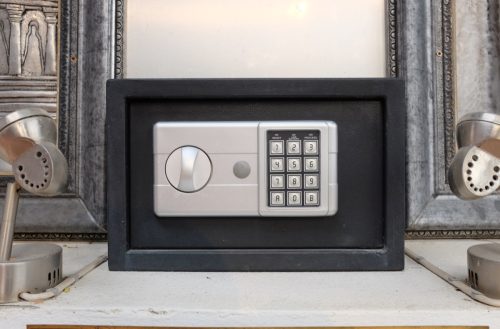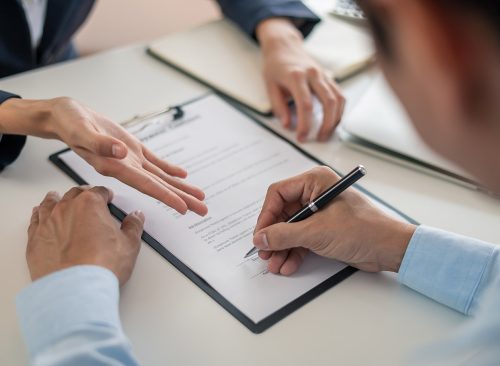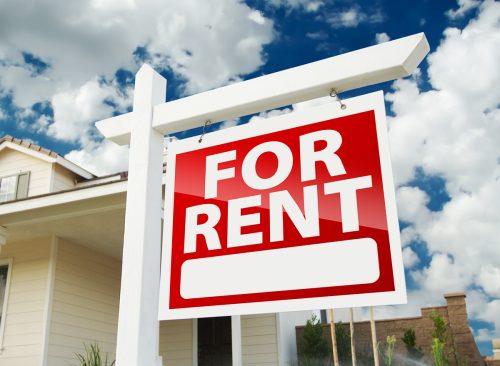5 Must-Dos to Protect Your Financial Future from Extreme Weather
Doing these 5 things could save you from financial ruin after a major disaster.

This week the entire world watched in horror as wildfires decimated the Hawaiian island of Maui, doing at least a billion dollars of damage and taking the lives of at least 99 people as of Tuesday morning. Extreme weather disasters aren’t uncommon. From wildfires and volcanic eruptions to hurricanes and tornados, most of us aren’t immune to a potential disaster. The good news is you can prepare for extreme weather disasters – at least financially. The Washington Post has compiled a checklist of five proactive things you can do to protect yourself, your home, and your finances in case you are the victim of an extreme weather disaster.

The first thing to do is invest in a water-proof, fire-resistant safe that is light enough to carry. Put all your household financial documents in it, like your passport, insurance policy, checks, your social security card, a copy of your driver’s license, investment and credit card account numbers, key legal documents such as wills, marriage, and birth certificates, and the titles to your home and vehicles. You should also have some traveler’s checks and cash, just in case the power goes out.

The Post also recommends making copies of important financial documents and putting them in the safe or keeping them with a relative or friend. You should also back up your data to cloud-based services, like iCloud.

They also suggest taking inventory of your expensive household items for insurance purposes. You can take photos or videos with your smartphone of things like big-screen televisions, computers, furniture, heirlooms, etc. with model and serial numbers.

You should also make sure you are properly insured and that you have coverage for all sorts of natural disasters and life insurance, including disability, in case you are injured.
RELATED: 30 Area Codes to Watch for in Latest Phone Scam

While most homeowners with mortgages are required to carry homeowners insurance, renters often neglect to protect themselves. If you rent, make sure you have renters insurance, an don’t assume that your landlord’s homeowners insurance will cover your personal items because it won’t.














